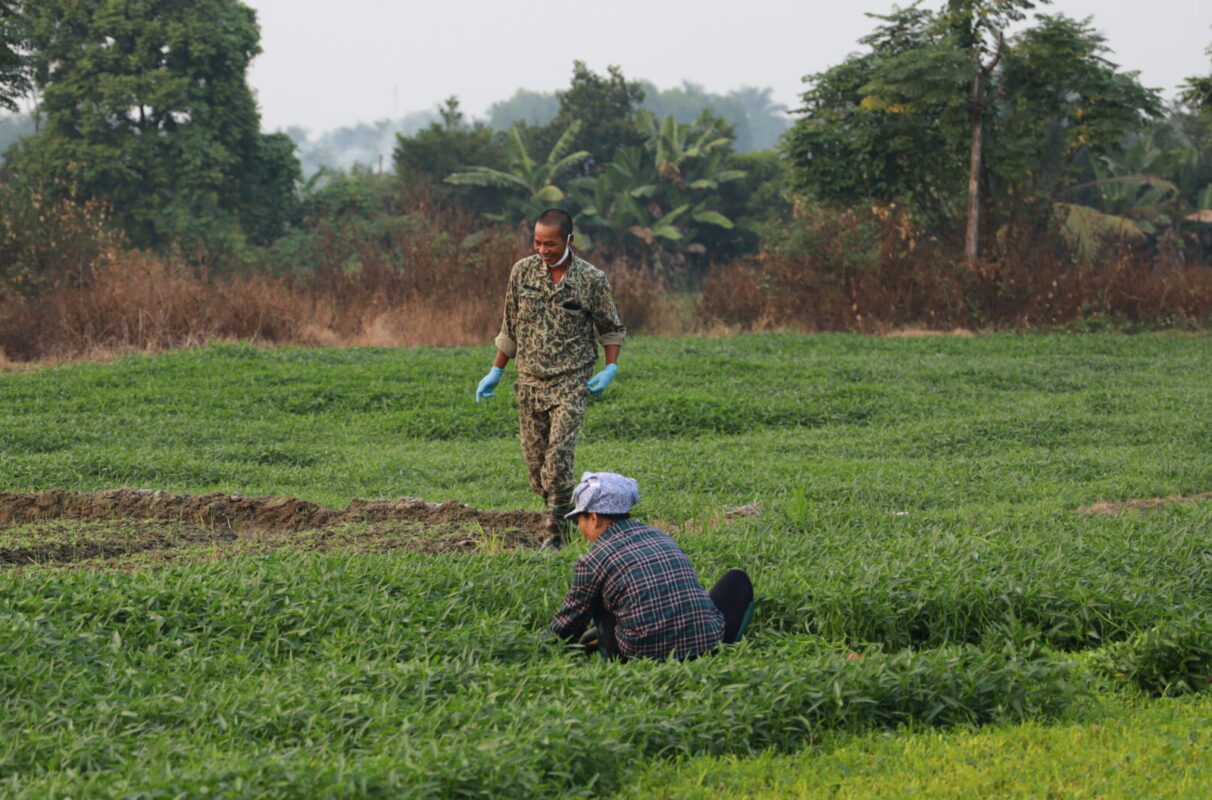
Background:
Although both women and men have different and complementary roles in food production at the household and community levels in Vietnam, women often play a greater role in ensuring nutrition, food safety, and food quality. Women take the main responsibility for producing, processing, and preparing most of the food for their households and for retailing food products. Women constitute the group that is most vulnerable to Food Borne Diseases (FBDs) (together with infants, small children, pregnant women, sick persons, the elderly, and the poor). This explains the importance of having women actively involved in all efforts where they can have the potential to influence behavior and improve food safety under the project while ensuring their equal rights and access to resources, technical assistance, and opportunities.
SAFEGRO Gender Equality and Women’s Empowerment (GEWE) Strategy:
This strategy builds on lessons learned and recommendations provided by the final evaluation of the Food and Agriculture Products Quality Development and Control Project (FAPQDCP) and the findings from a three-week SAFEGRO inception mission in Hanoi, Ho Chi Minh City, and several other provinces. It delineates the commitment of SAFEGRO to (a) promote gender equality (GE) and women’s empowerment (WE)along the selected value chains; (b) strengthen the integration of gender equality into SAFEGRO’s interventions; and (c) enhance the relevance, efficiency, effectiveness, impacts and project sustainability for both women and men.
The Strategy will align with Canada’s Feminist International Assistance Policy (FIAP), that promoting gender equality and the empowerment of women and girls is the core action area of the policy, which will be integrated across all areas.
Strategy purposes:
– The strategy will assist to create better opportunities for women and girls to become change agents and improve their own lives and the lives of their families and communities.
– The GEWE Strategy can also contribute to the achievement of Gender Action Plans [1] of the Ministry of Agriculture and Rural Development (MARD), Ministry of Health (MOH), Ministry of Industry and Trade (MOIT), and relevant agencies.
– This GEWE Strategy serves as a guiding pathway for the SAFEGRO’s project team, the implementation partners including, but not limited to, line Ministries, Departments, Companies, NGOs, Research Institutes, and the Media to recognize women’s and men’s distinct roles, capacity and skills in the food safety system and their risks to FBDs over time. The project interventions will value the contributions of males and females equally, their potential to create a food safety culture, and will address the underlying cause of gender inequality at all levels.
See the full information about the strategy here

